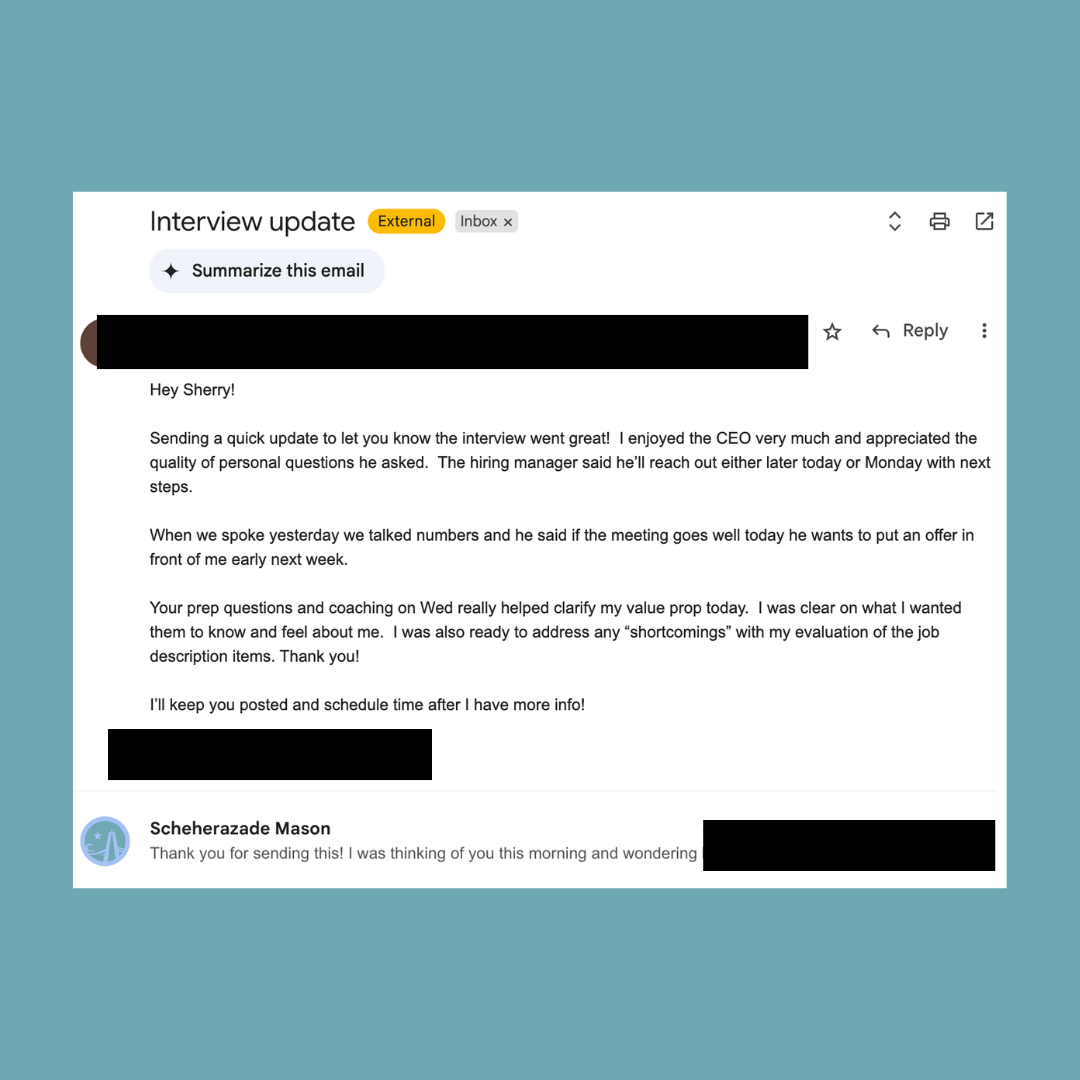I read a lot. In 2024 I read ~34 nonfiction books (and about 50 novels).
I’m not looking for gold stars. A lot of these books are not demanding. A lot were, frankly, bad. But reading is how I learn, and I am committed to being as useful as I can for my clients, whose time and intelligence I hold in high regard.
50% of the books are about human nature — why we do the things we do. These included books by clinical psychologists, by behavioral economists, business school professors, and a hodgepodge of other “self-improvement” authors. I’m intentional about including a few books by people with a perspective I’m a little bit skeptical of: astrologers or tech bros.
20% of the books are about structuring and running a business, helping me to think about marketing, pricing strategy, metrics, and productive use of time and technology to deliver value to my clients.
15-20% of the books are about career change, negotiation, or job search strategy. I like to see the ways my approach overlaps with, and differs from, the advice of other career experts. So I read a lot of books by colleagues.
10-15% of the books are about craft: the skill of coaching, focused listening, building trust, and eliciting key information.
One surprising thing about reading this much is that the more I read, the less able I think I am to tell you whether a given book is good or bad. That seems silly, doesn’t it? It’s especially true for the career change and human nature books. I’ve probably read 15 books a year on these subjects for the last 10 years. So at this point, I see a lot of references to the same studies. I’m not new to the topic, so I find myself nodding along impatiently, flipping ahead to see what the author is going to offer me that is new. A book like that is one that I can’t evaluate fairly. It could be foundational and mind-blowing to someone hearing the material for the first time.
I think I could be more useful to you if I can develop a note-taking system that will help me evaluate and recall the NEW contributions of particular books, as well as where a volume fits in to an aspect of behavior change or work satisfaction that clients are challenged by. I refer clients to books frequently, although I’m also trying to develop links to Wikipedia pages, podcast episodes, handouts, and YouTube treatments of the same topics, because not everyone learns through reading.


